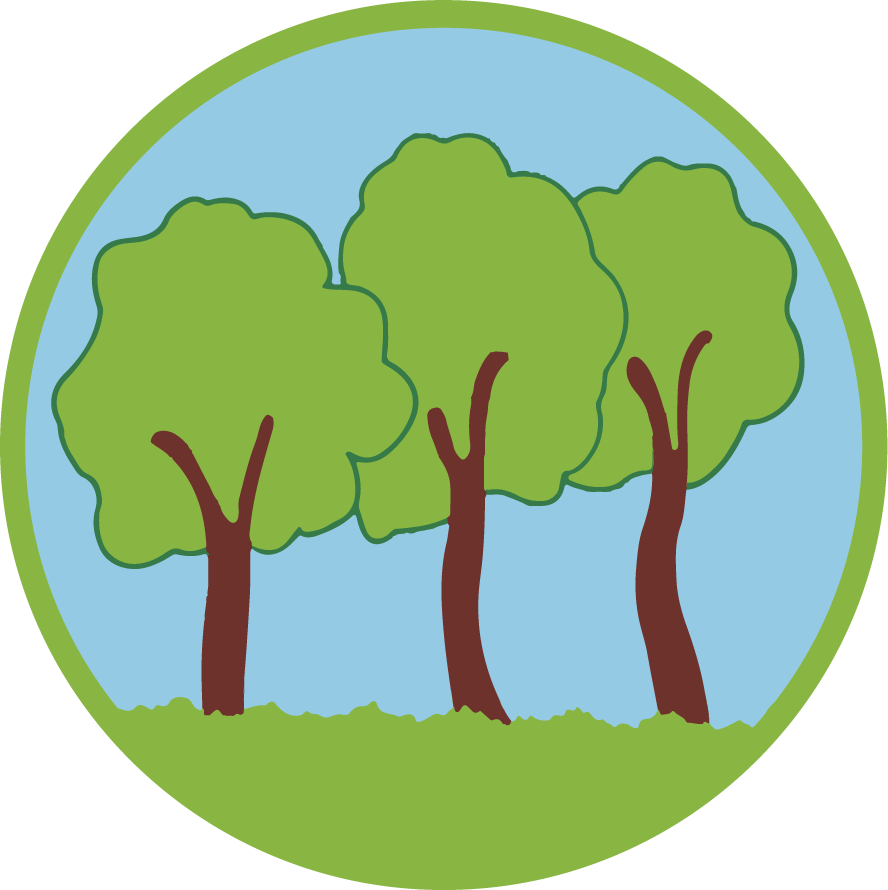Curriculum Statement
Curriculum Intent Statement
Learning is a change to long-term memory. Our aims are to ensure that our students experience a wide breadth of study and have, by the end of key stage 1, long-term memory of an ambitious body of procedural and semantic knowledge. We provide opportunities for children to develop as independent, confident, successful learners with high aspirations who know how to make a positive contribution to their community and the wider society.
We endeavour to deliver excellent early language and reading teaching in the Early Years and Key Stage 1, including age-appropriate phonics and essential next steps in reading. We recognise that every child has the right to learn to read, as this skill unlocks learning in all other subjects.
Intent model
Curriculum drivers such as culture, sport, democracy, community, mindfulness, independence and ambition shape our curriculum breadth. They are derived from an exploration of the backgrounds of our students, our beliefs about high quality education and our values. They are used to ensure we give our students appropriate and ambitious curriculum opportunities. Cultural capital gives our students the vital background knowledge required to be informed and thoughtful members of our community who understand and believe in British values.
Our curriculum distinguishes between subject topics and ‘threshold concepts’. Subject topics are the specific aspects of subjects that are studied. Threshold concepts tie together the subject topics into meaningful schema. The same concepts are explored in a wide breadth of topics. Through this ‘forwards-and-backwards engineering’ of the curriculum, students return to the same concepts over and over and gradually build understanding of them.
The curriculum has been designed around a core set of progressive knowledge and skills, but the context in which these are delivered is tailored to each cohort of children dependent on their needs and interests. The knowledge and skills are planned intelligently so that the sequence enables children to explore, embed and then develop expertise.
Cognitive science tells us that working memory is limited and that cognitive load is too high if students are rushed through content. This limits the acquisition of long-term memory. Cognitive science also tells us that in order for students to become creative thinkers, or have a greater depth of understanding they must first master the basics, which can take time.
For each of the threshold concepts there are milestones. The goal for students is to display sustained mastery at the ‘advancing’ stage of understanding by the end of each milestone and for the most able to have a greater depth of understanding at the ‘deep’ stage. The time-scale for sustained mastery or greater depth is, therefore two years of study.
As part of our progression model we use a different pedagogical style in each of the cognitive domains of basic, advancing and deep. This is based on the research of Sweller, Kirschner and Rosenshine who argue to direct instruction in the early stages of learning and discovery based approaches later. We use direct instruction in the basic domain and problem based discovery in the deep domain. This is called the reversal effect.
Implementation
Our curriculum design is based on evidence from cognitive science; three main principles underpin it:
1. Learning is most effective with spaced repetition.
2. Interleaving helps pupils to discriminate between topics and aids long-term retention.
3. Retrieval of previously learned content is frequent and regular, which increases both storage and retrieval strength.
In addition to the three principles we also understand that learning is invisible in the short-term and that sustained mastery takes time. Our content is subject specific. We make intra-curricular links to strengthen schema. Continuous provision, in the form of daily routines, replaces the teaching of some aspects of the curriculum and, in other cases, provides retrieval practise for previously learned content.
The curriculum is purposeful and meaningful for the children in our school at this time, rooted in the belief that our curriculum will develop life-long learners. It is our intention that opportunities are endless for each pupil particularly ensuring any barriers to success are overcome for any disadvantaged or vulnerable pupils.
Impact
As learning is a change to long-term memory it is impossible to see impact in the short term. We do, however use probabilistic assessment based on deliberate practise. This means that we look at the practices taking place to determine whether they are appropriate, related to our goals and likely to produce results in the long-run. We use comparative judgement in two ways: in the tasks we set and in comparing a student’s work over time. We use lesson observations to see if the pedagogical style matches our depth expectations.
We want children to leave Field Place with the knowledge, skills, confidence and love of learning to continue to build their bright future.
If you would like any further information about the curriculum at Field Place Infant School please contact the school office on 01903700234 and they will endeavour to answer your queries.
"If children feel safe, they can take risks, ask questions, make mistakes, learn to trust, share their feelings, and grow."
